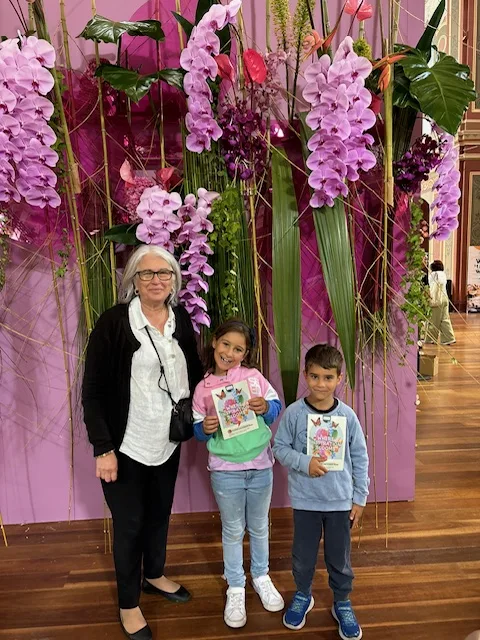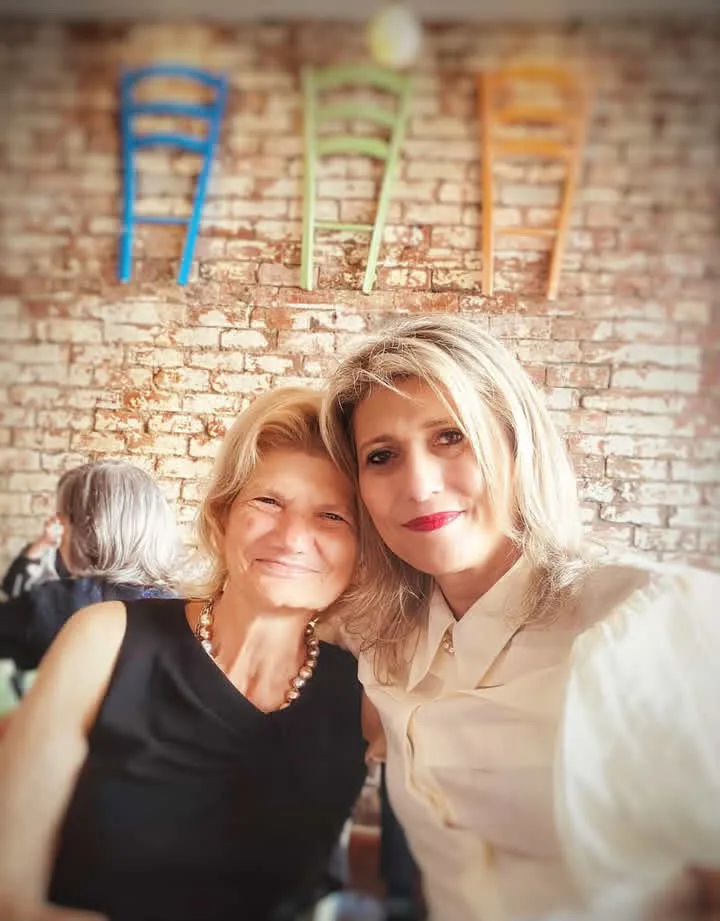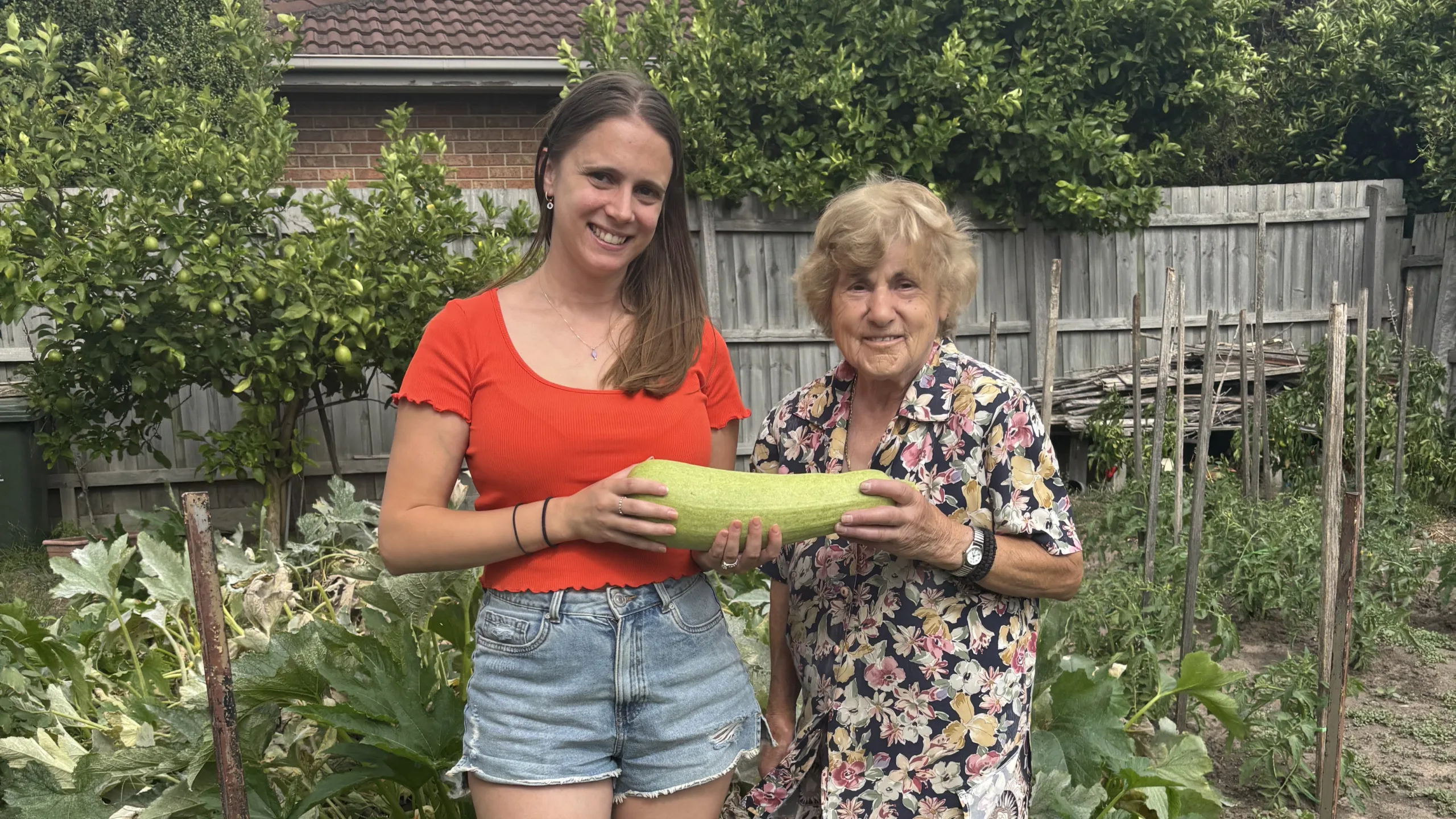This Mother’s Day, many Greek Australians will be celebrating the mothers and women who have shaped them. For some, it’s a day of remembrance to honour mother figures who have passed, or a time to reflect on their complicated relationship with their mothers. This occasion can conjure a mix of emotions for many people.
For mothers who have lost children, the day is a painful reminder of the grief they carry with them every day. Mother’s Day also offers an opportunity for those who are yet to become mothers to reflect on the kind of parent they hope to be and the lessons they would pass on to their children.
The stereotype of the Greek mother who is overprotective and constantly stuffs her children’s mouths with food is pervasive. These stereotypes certainly have some truth to them, and films like My Big Fat Greek Wedding and Italian comedy group Sooshi Mango exacerbate this. But mothers come in different forms, each with their own uniqueness which deserves to be appreciated and celebrated every day, not just on Mother’s Day.


The roots of Mother’s Day can be traced back to Ancient Greek and Roman festivals which honoured the mother goddesses Rhea and Cybele. The more modern celebration of Mother’s Day began with social activist Anna Jarvis who wanted a day to honour the sacrifices mothers make.
Varvara Athanasiou-Ioannou AM, The Greek Herald’s 2025 Woman of the Year, shared her insightful reflections on what the day means to her.
“Mother’s Day should be every day — because the love of mothers (and those who fill the role) shapes healthy and whole-hearted children,” Varvara says.
She believes the day is defined by four words: “celebration, gratitude, reflection, and inclusion. Celebration—for the privilege of raising two children who now parent with the same tenderness. Gratitude—for my mother, who taught me sacrifice, humility, compassion and grit. Reflection—on the twists and turns of my own journey, the stumbles and grace that moulded me and on my evolving role as a ‘yiayia” and the legacy for the next generation. Inclusion—for all who mother: stepmothers, grandmothers, mentors, and those braiding dual roles.”


Varvara’s celebration of Mother’s Day, first as a daughter, then a mother, and now a grandmother, showcases the evolving nature of the day and how the roles mothers adopt are ever-expanding. Varvara ended her quote with a heartfelt sentiment, saying “To every unseen nurturer—your love moves the world. Honour every version of motherhood.”
While Mother’s Day may be the one day a year when mothers are universally acknowledged, it’s important to show appreciation every day for the sacrifices they’ve made.
This rings especially true for Sophie Mallas, whose grandmother was an admired mother figure in her life. Sharing the same name, Sophie felt a strong tie with her grandmother.
“My grandma Sofia Tsiodras is the true embodiment of her name, which means wisdom,” she told The Greek Herald.
“She’s a strong, inspiring woman who came to Australia with my dad and my pappou, each of them carrying just a suitcase.”
Reflecting on the hardships Greek migrants faced, Sophie shared how her grandma “built a life from the ground up, facing every challenge with grace and strength.”
“No matter what she’s been through, she always shows up for others—filling our bellies with her food and our hearts with her advice,” she says.
For Sophie, Mother’s Day is just another chance to “feel especially grateful to share her name and call her mine” and remember all the memories they’ve shared.
Greek Australian mother Vicky Alikakos, who has two sons aged 21 and 18, expressed how deeply personal Mother’s Day is.
“It’s more than just a celebration, it’s a continuous reflection of the unique experiences, relationships, and emotions that come with motherhood,” Vicky told The Greek Herald.
She views Mother’s Day as a time to embrace love and connection: “For me, Mother’s Day is celebrated in everyday moments via meaningful connections, acts of care, and simple gestures of love for my children and my mother.”
When 7-year-old Olympia Mihailidis was asked what Mother’s Day means to her, she responded, “Mother’s Day means being nice to your mum and Γιαγιά because I love them so much.”
Children delightfully making cards to give to their mothers and grandmothers is a joy the day brings.
This Mother’s Day, take time to celebrate the mothers in your lives, whether they’re relatives, friends, sisters, or colleagues. Sunday, May 11 acts as a special moment to express your gestures of love and appreciation, a reminder of the love and connection you have.
